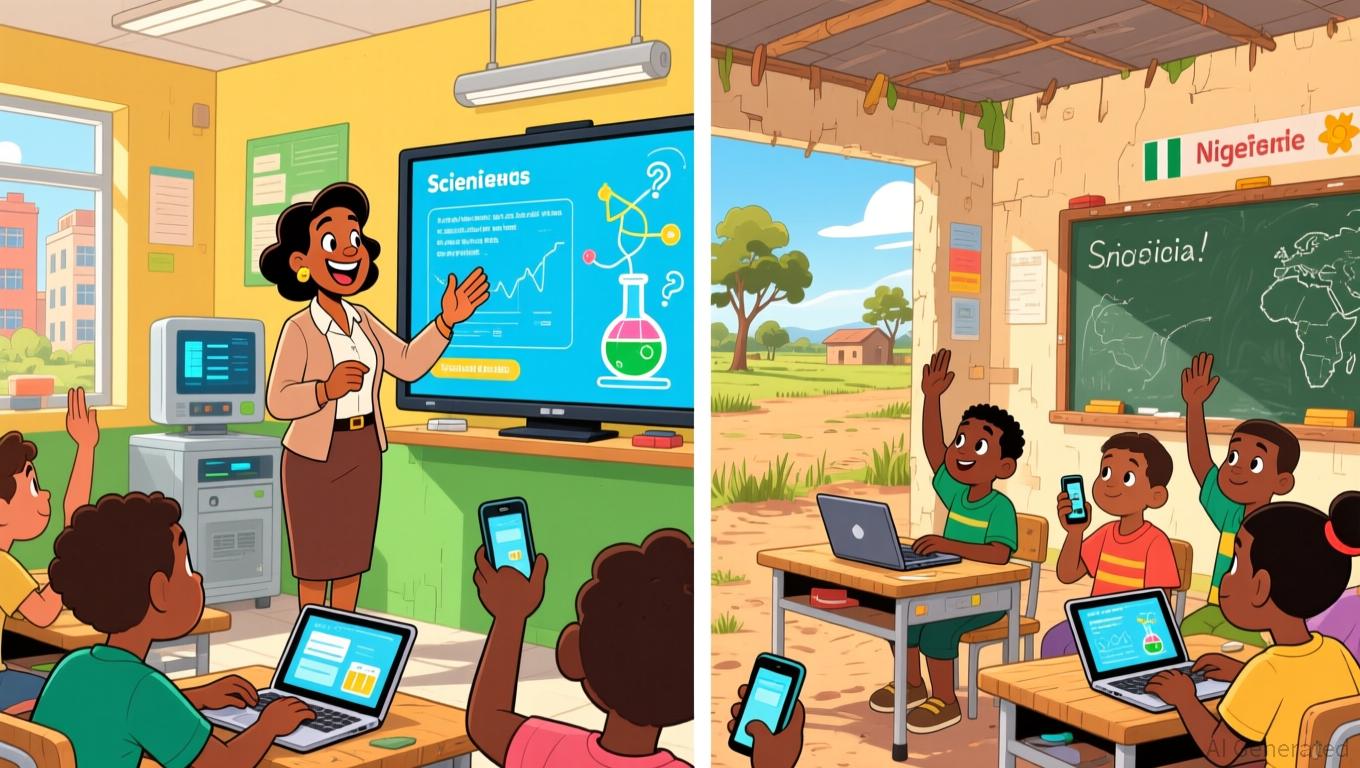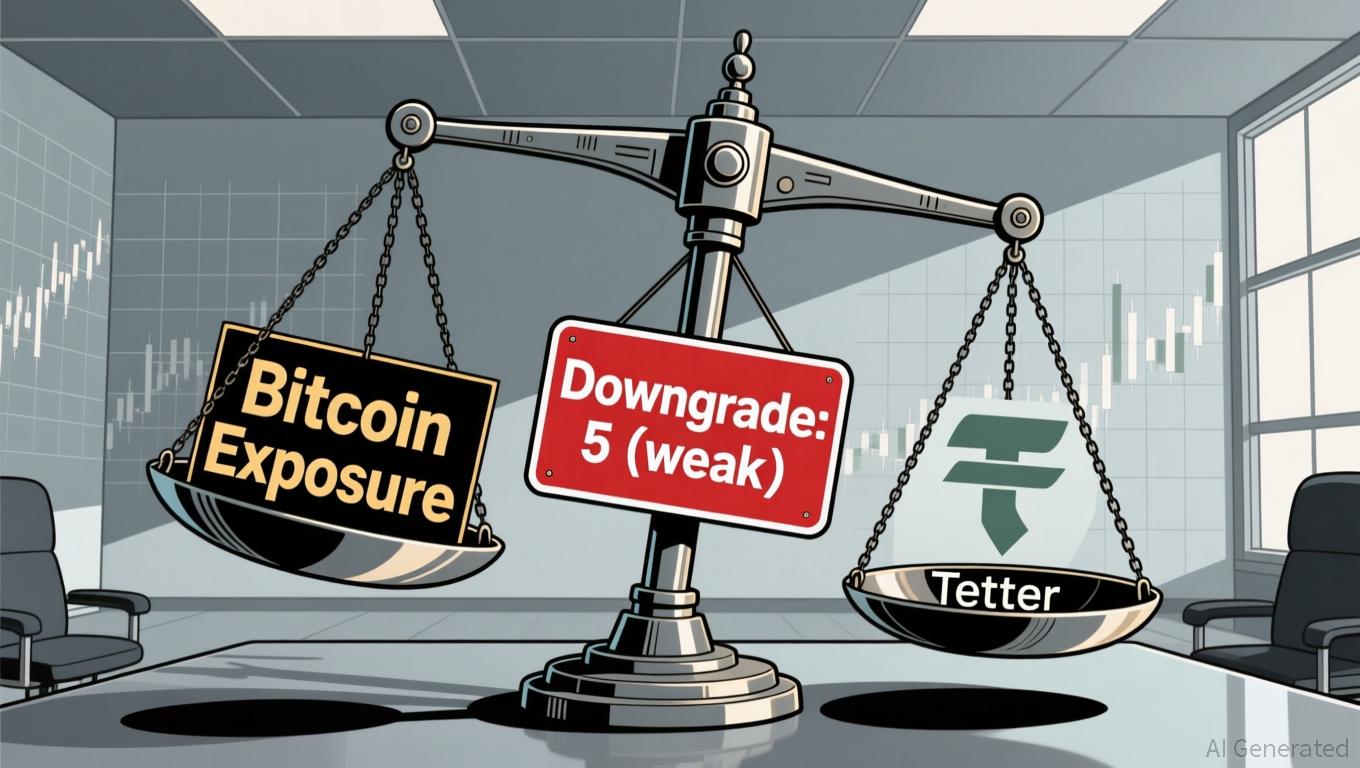Nigeria's Inspire Live(s) Strives to Guarantee Every Student Across the Country Receives Equal Opportunities
- Nigeria's Federal Government launched Inspire Live(s), a digital learning initiative to expand equitable education access via live online classes. - The program, delivered through Cisco Webex by certified teachers, targets JSS/SSS students with subjects like math, science, and economics. - Part of President Tinubu's "Renewed Hope Agenda," it aims to address teacher shortages and infrastructure gaps but faces rural connectivity challenges. - Implementation includes daily 8:00 a.m.-2:30 p.m. classes, with
The Nigerian Federal Government has introduced the Inspire Live(s) Online Real-Time Classes Initiative, a comprehensive digital education program designed to broaden students’ access to high-quality learning opportunities nationwide. Launched by the Federal Ministry of Education, this initiative aims to tackle ongoing issues such as insufficient teaching staff, interruptions in learning, and disparities in educational resources. Through live, interactive online classes, the program strives to "make quality education accessible to all and guarantee that every child receives an education, no matter their location or situation,"
This initiative forms a key part of President Bola Tinubu's "Renewed Hope Agenda," which prioritizes fair access to education. Utilizing Cisco Webex, certified master teachers deliver lessons to both Junior Secondary School (JSS) and Senior Secondary School (SSS) students. Currently, JSS students can participate in classes such as Basic Science, Mathematics, English Language, ICT, and Agricultural Science, while

This program builds upon earlier government initiatives to modernize education, such as the 2025 National Educational Technology Strategy and the eLearn platform, which offers digital resources aligned with the curriculum. Education Minister Tunji Alausa emphasized the need to address infrastructure shortcomings, pointing out that the success of Inspire Live(s) depends on states providing stable internet connections and ICT devices.
Although the initiative is seen as a major step forward, its real impact will rely on effective implementation. Persistent issues like unreliable internet in rural communities and the necessity for teacher training in digital technologies still need to be addressed. Nevertheless, the ministry’s focus on working with state governments and its commitment to scalable solutions indicate a strong resolve to tackle these obstacles.
Disclaimer: The content of this article solely reflects the author's opinion and does not represent the platform in any capacity. This article is not intended to serve as a reference for making investment decisions.
You may also like
South Korea's Cryptocurrency Reform: Will New Regulations Enhance Confidence While Preserving Innovation?
- South Korea's National Assembly plans to enforce strict VASP regulations requiring criminal record checks for all major shareholders, including foreign investors. - The law mandates re-evaluation of existing VASPs, creating compliance challenges for smaller firms with complex ownership structures. - By extending oversight to global criminal records, the reform sets a potential international precedent and could reshape cross-border crypto investments. - While critics warn of stifled innovation, proponents

Bitcoin News Update: Tether’s Risky Asset Holdings Challenge Stablecoin Reliability
- S&P Global downgrades Tether's USDT to "5 (weak)" due to high-risk reserves and transparency gaps. - Tether's 5.6% Bitcoin exposure exceeds S&P's 3.9% overcollateralization threshold, risking undercollateralization if prices fall. - Tether defends practices with quarterly audits and $10B 2025 profit, dismissing the downgrade as outdated. - Recent crypto market turmoil and past stablecoin collapses highlight risks in opaque reserve management. - Tether's resilience amid crises contrasts with S&P's warning

Elon Musk's SpaceX moves 1,163 Bitcoin worth $105M
